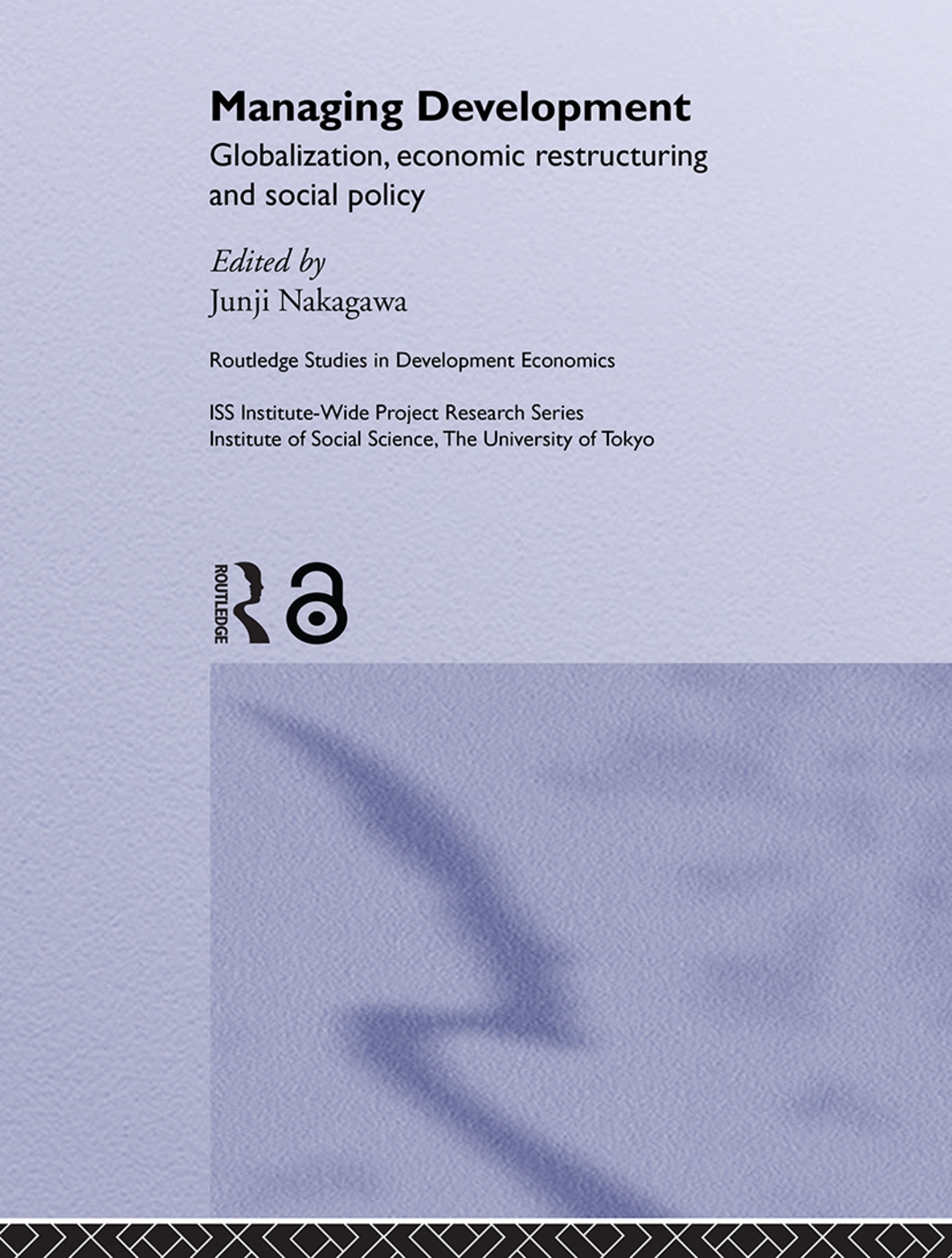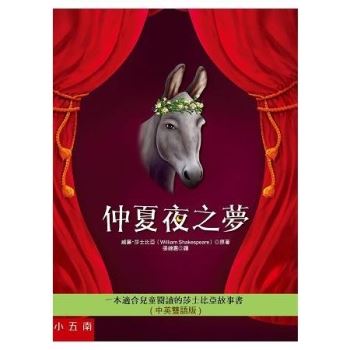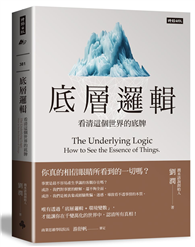Globalization in the 1990s provided both opportunities and challenges for developing and transition economies. Though for some, it offered the chance to achieve economic growth through active involvement in the integrated and liberalized world economy, it also increased their vulnerability to external shocks and volatility.
As a consequence, stakeholders at every level of the development and transition process - international organizations, national governments and the private sector - had to review their strategies in order to adjust to the new world economic environment. As the Mexican peso crisis of 1994-1995 and the Asian financial crisis of 1997-1998 showed dramatically, the cost of maladjustment was not only very high but it also affected many more stakeholders than before, due to the contagious effects of crises.
This revealing book analyzes the different methods employed to manage globalization and development. Bringing together an international team of contributors, including Barbara Stallings, Alicia Giron and J. C. Ferraz, it will prove to be a valuable resource for those involved in the fields of development economics and political economy.











